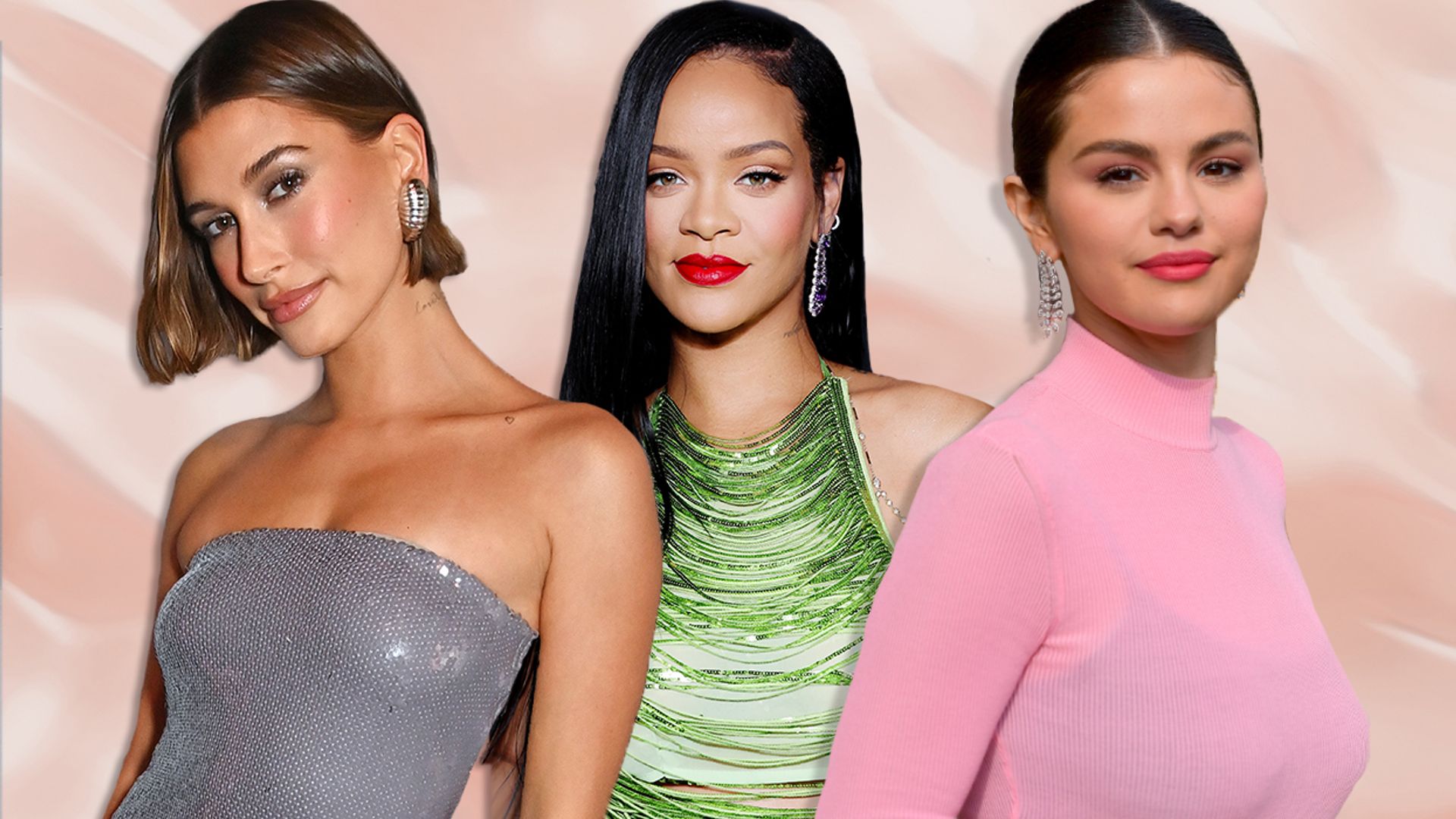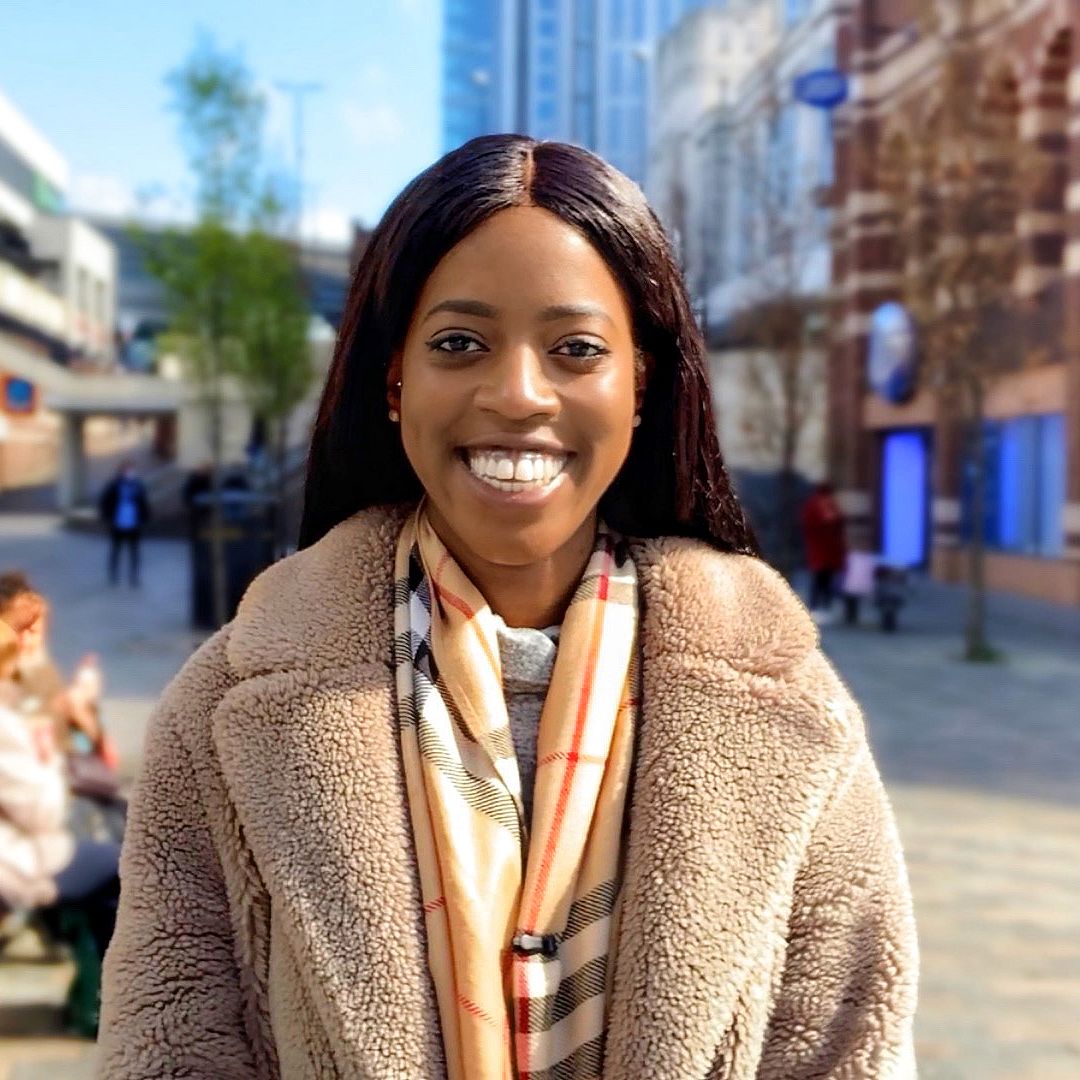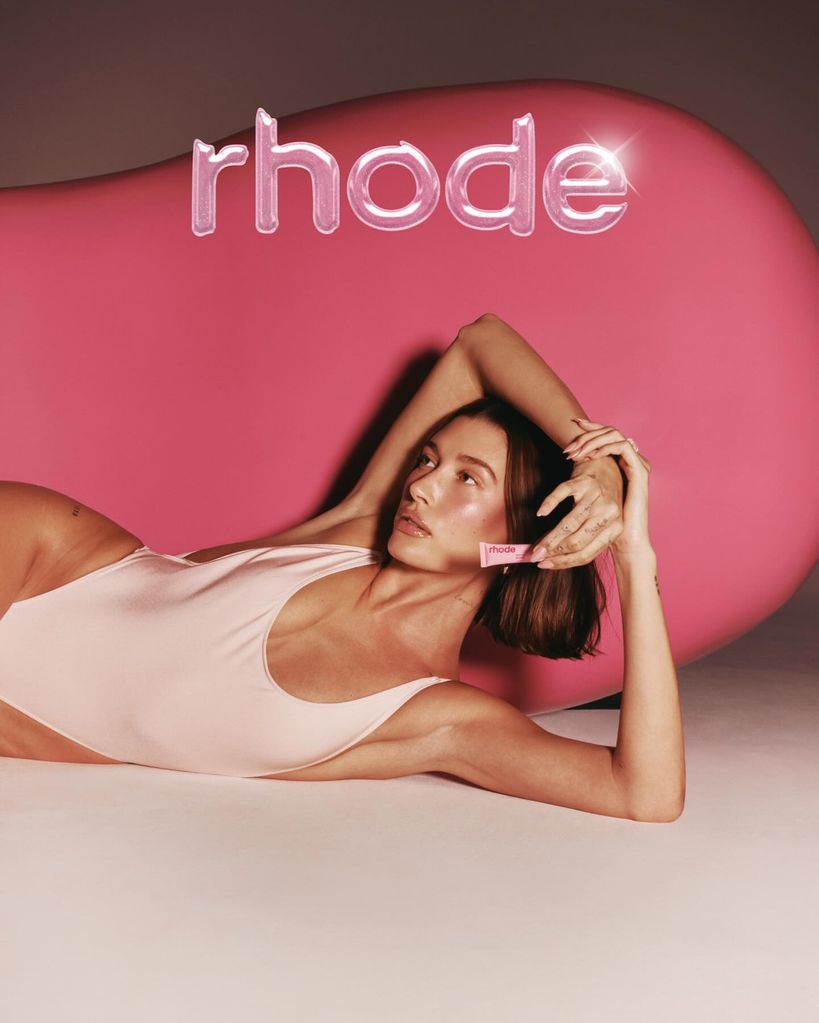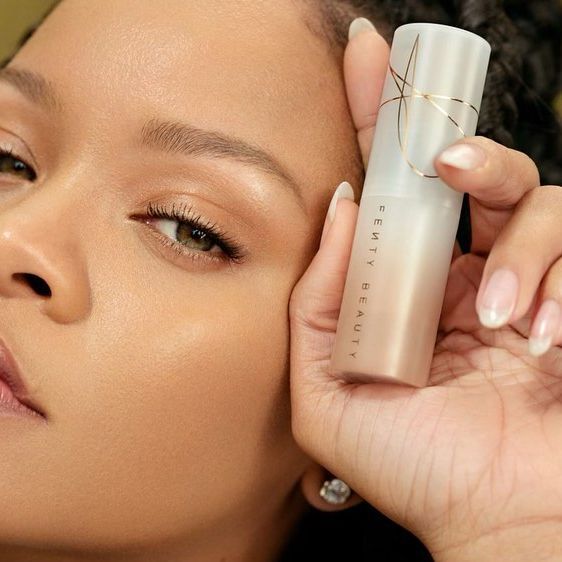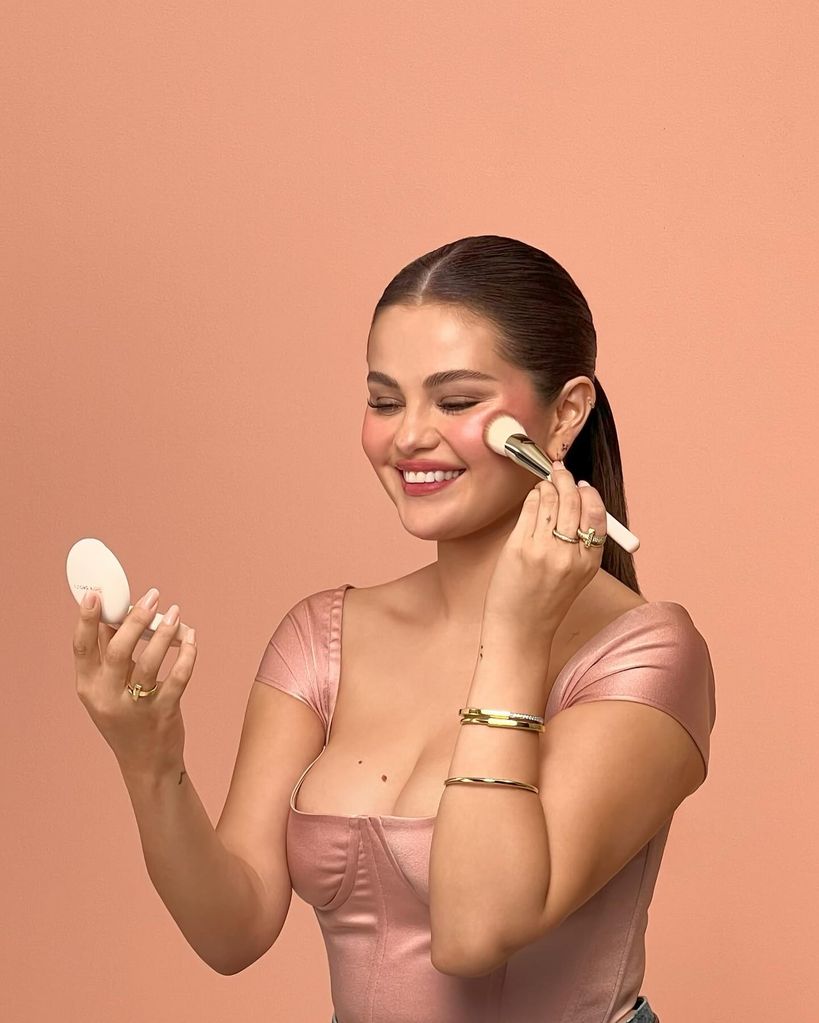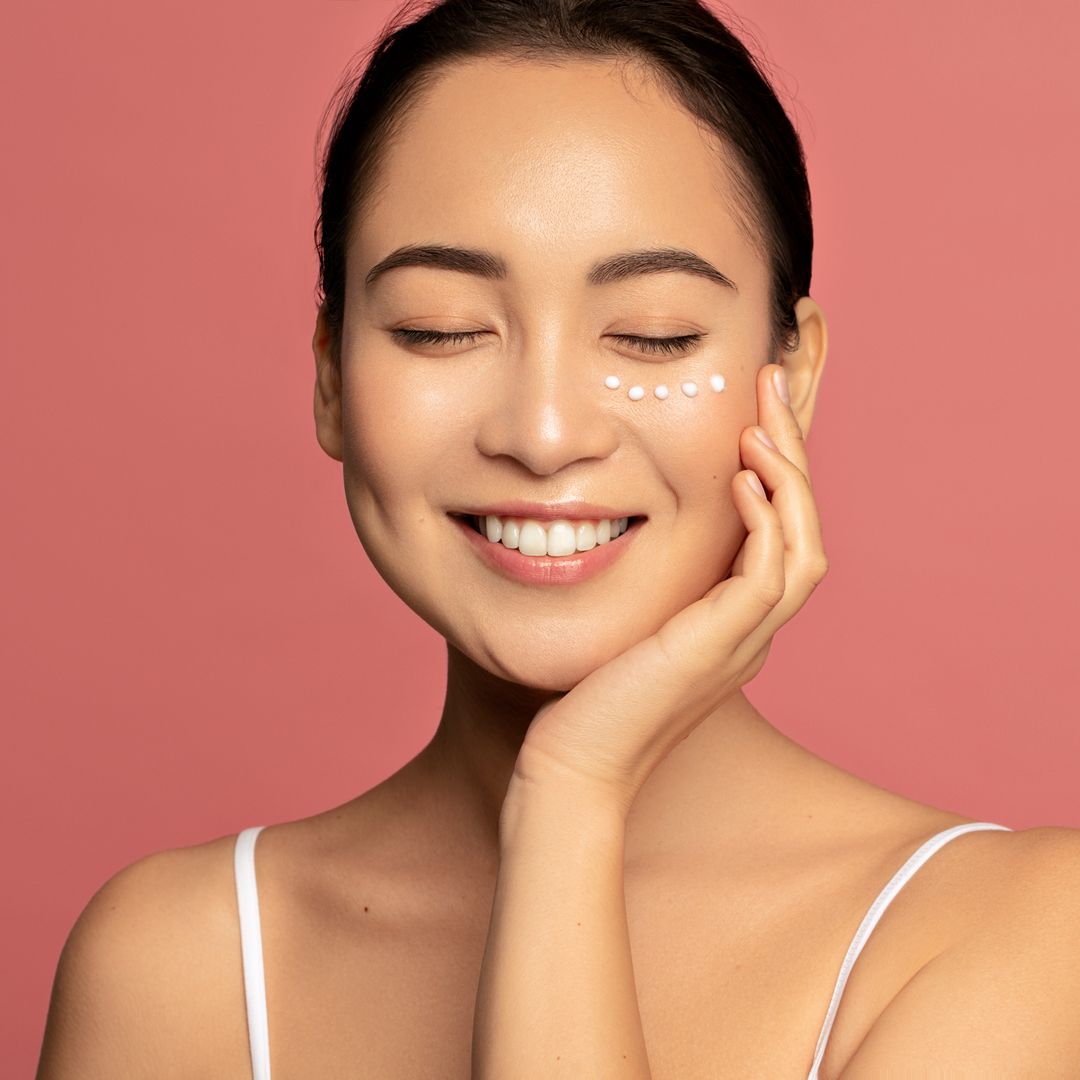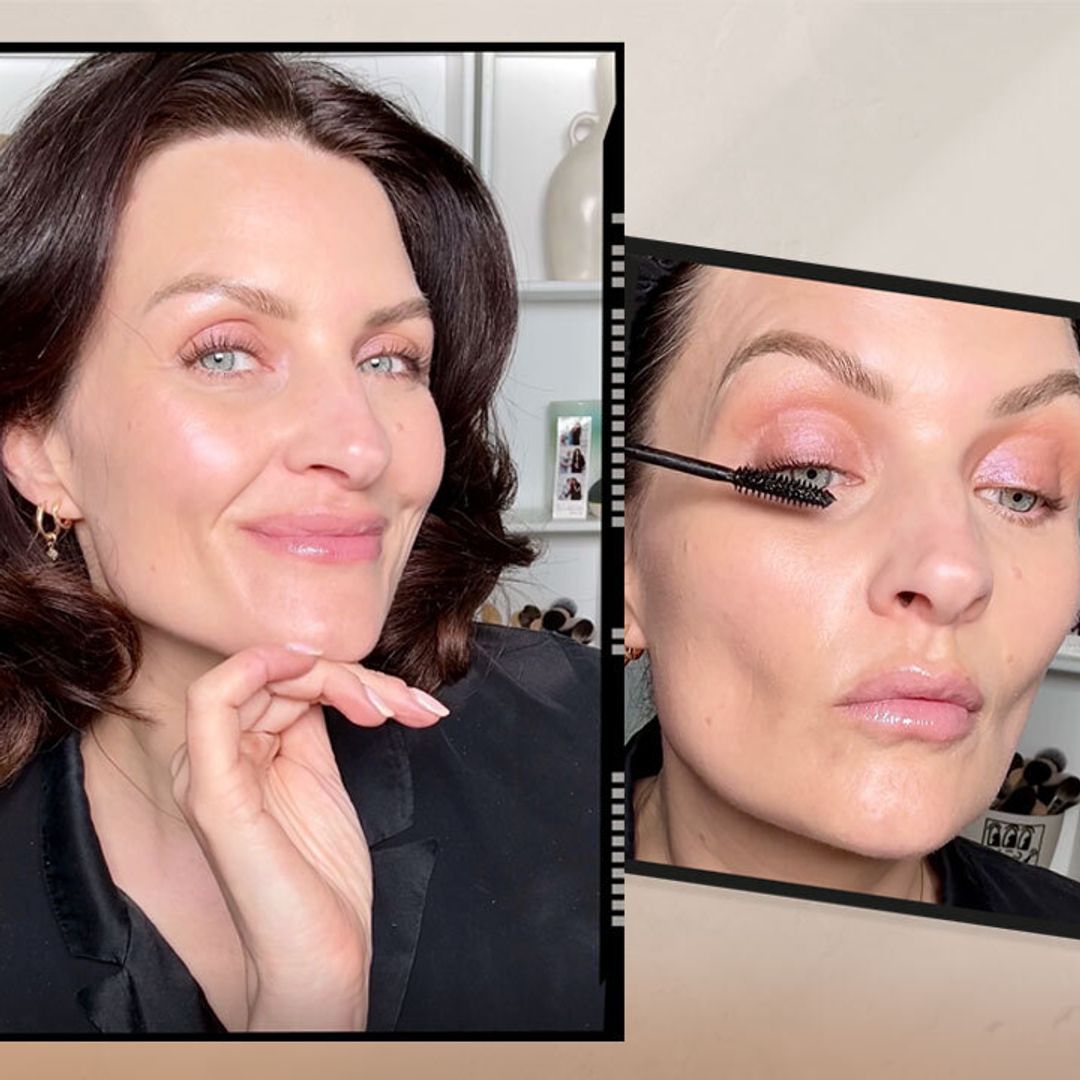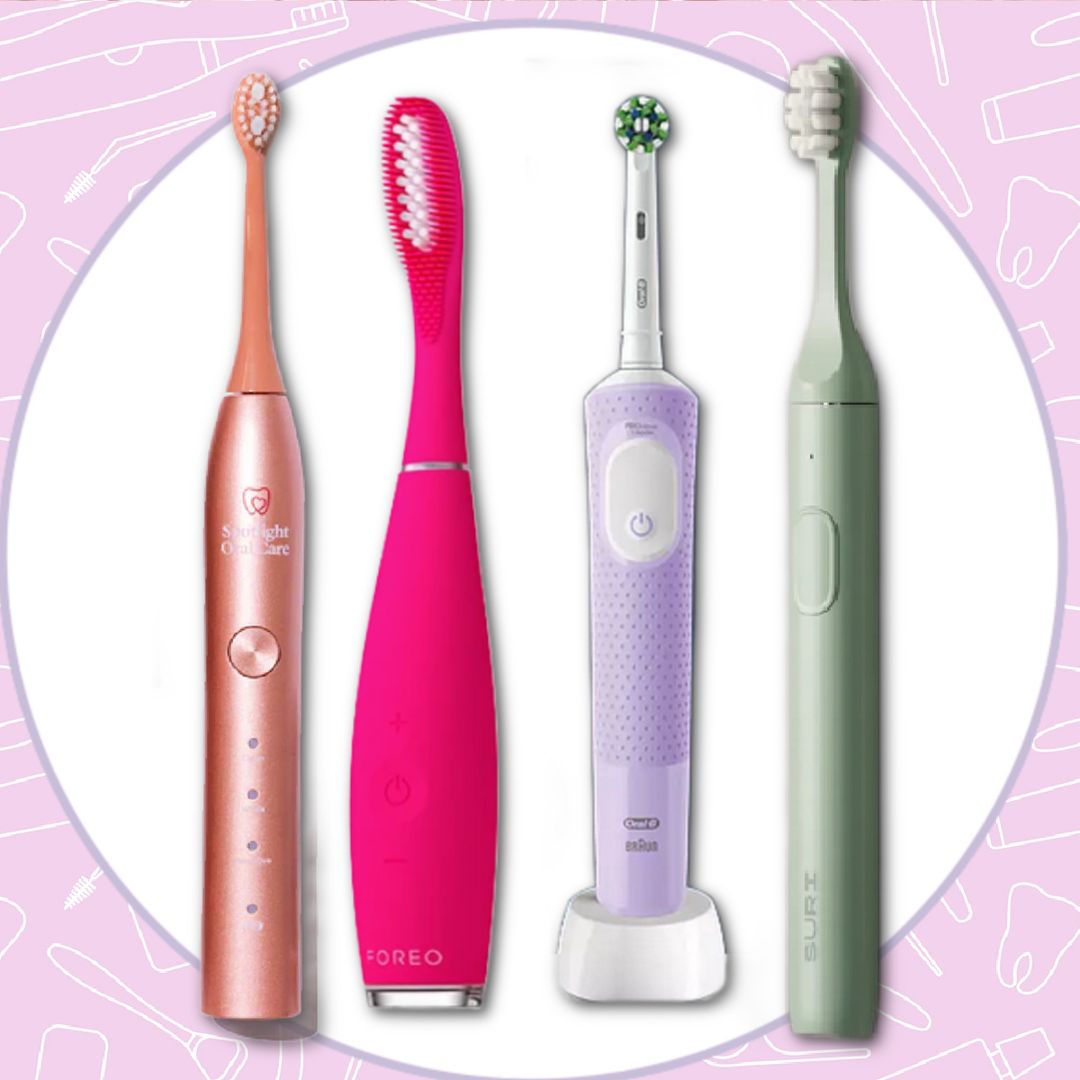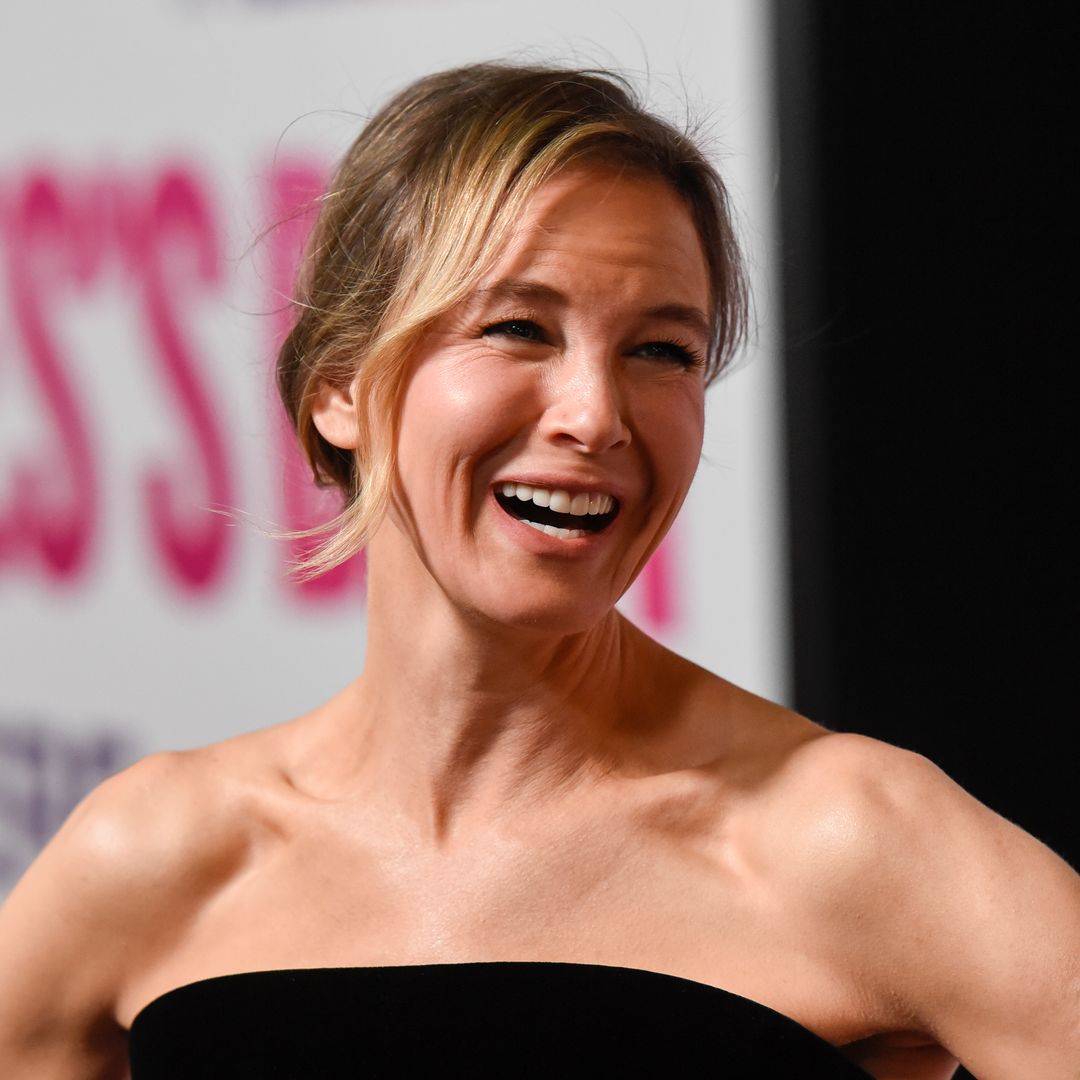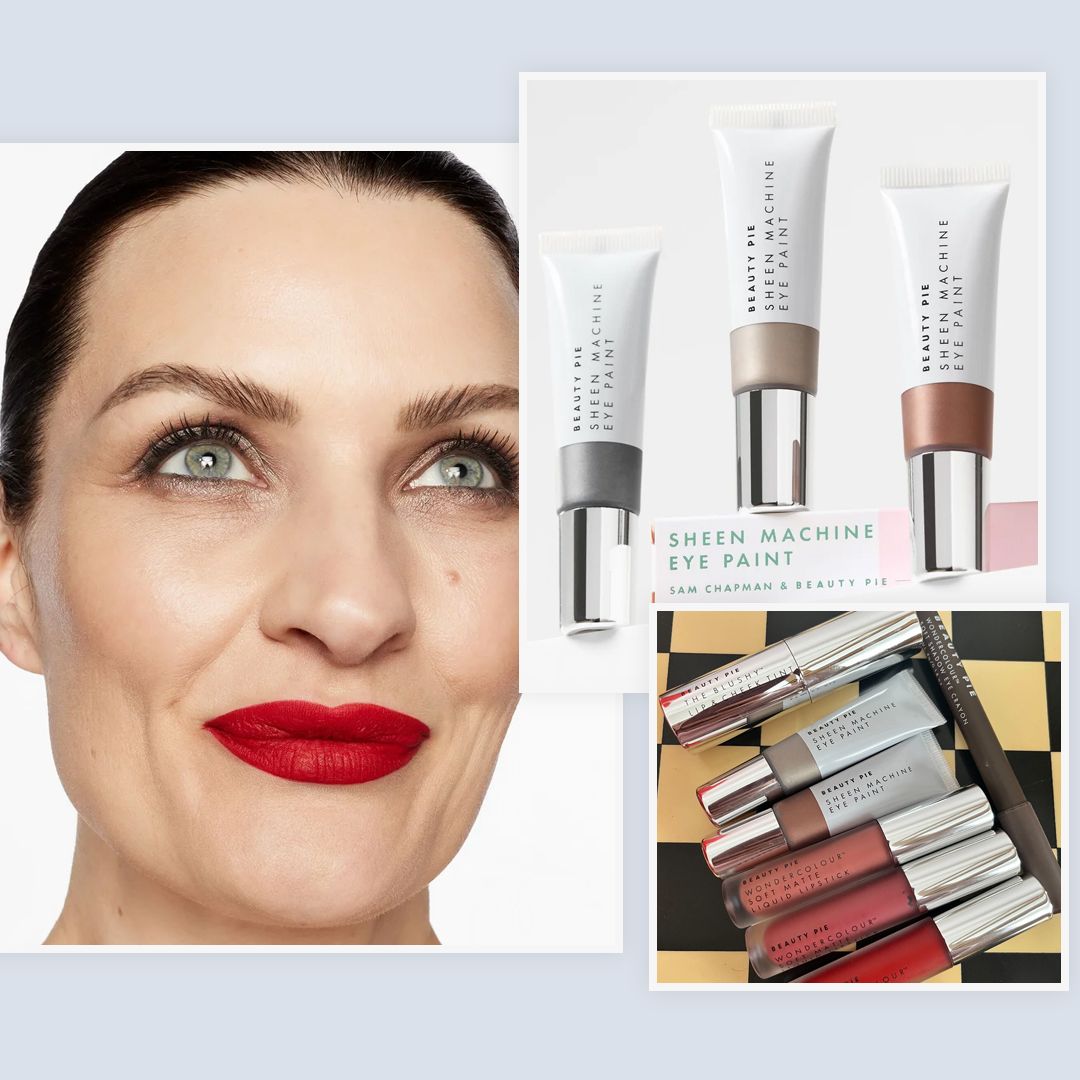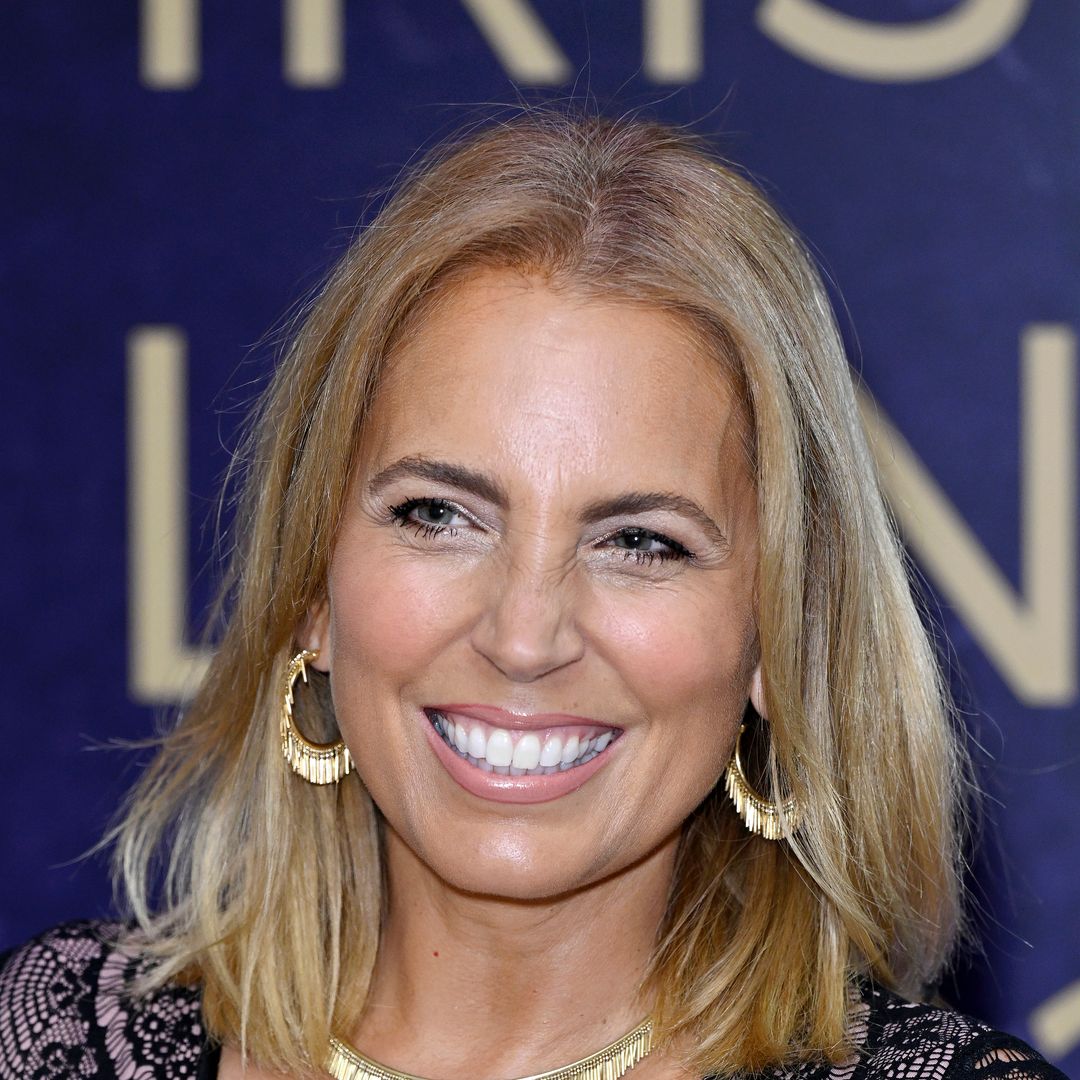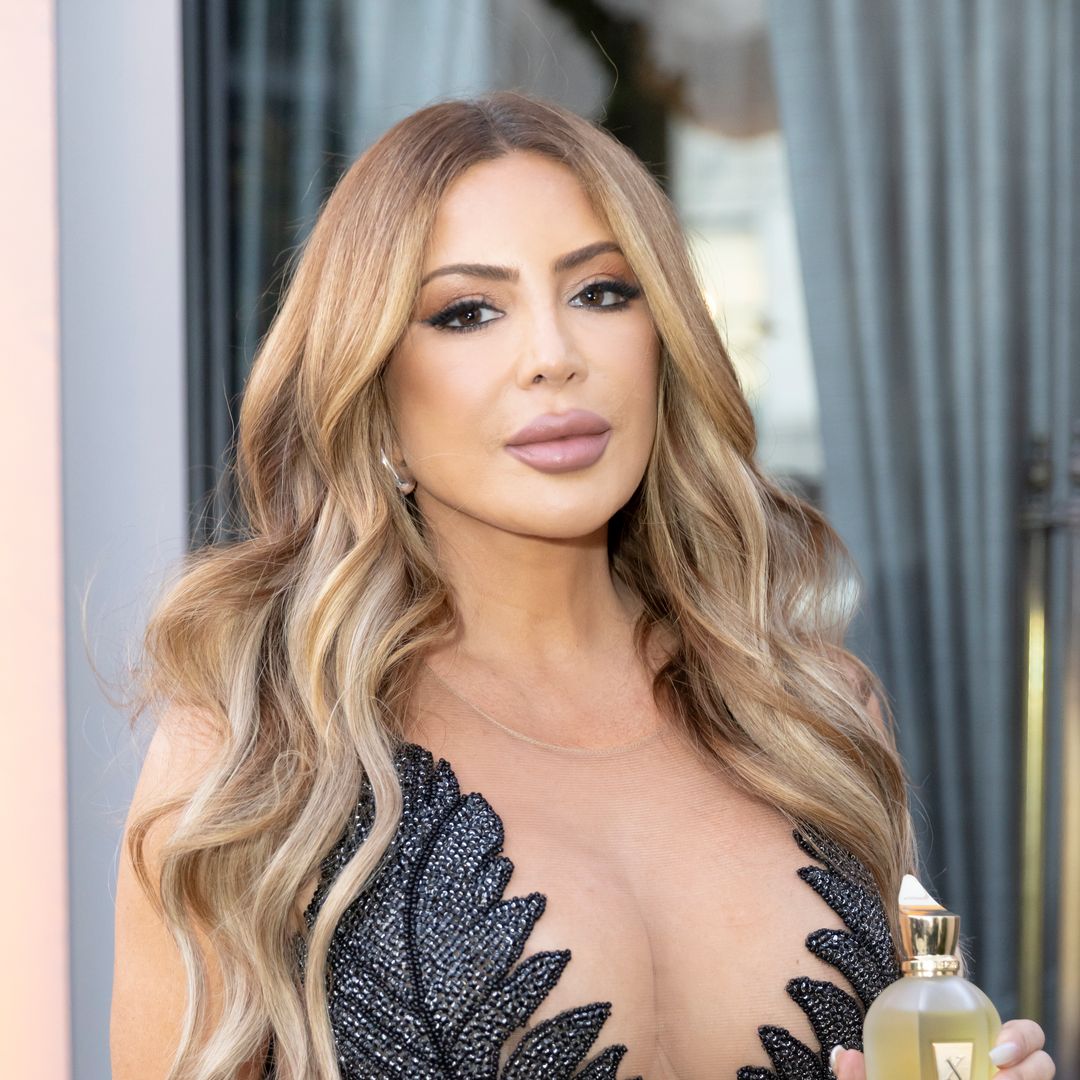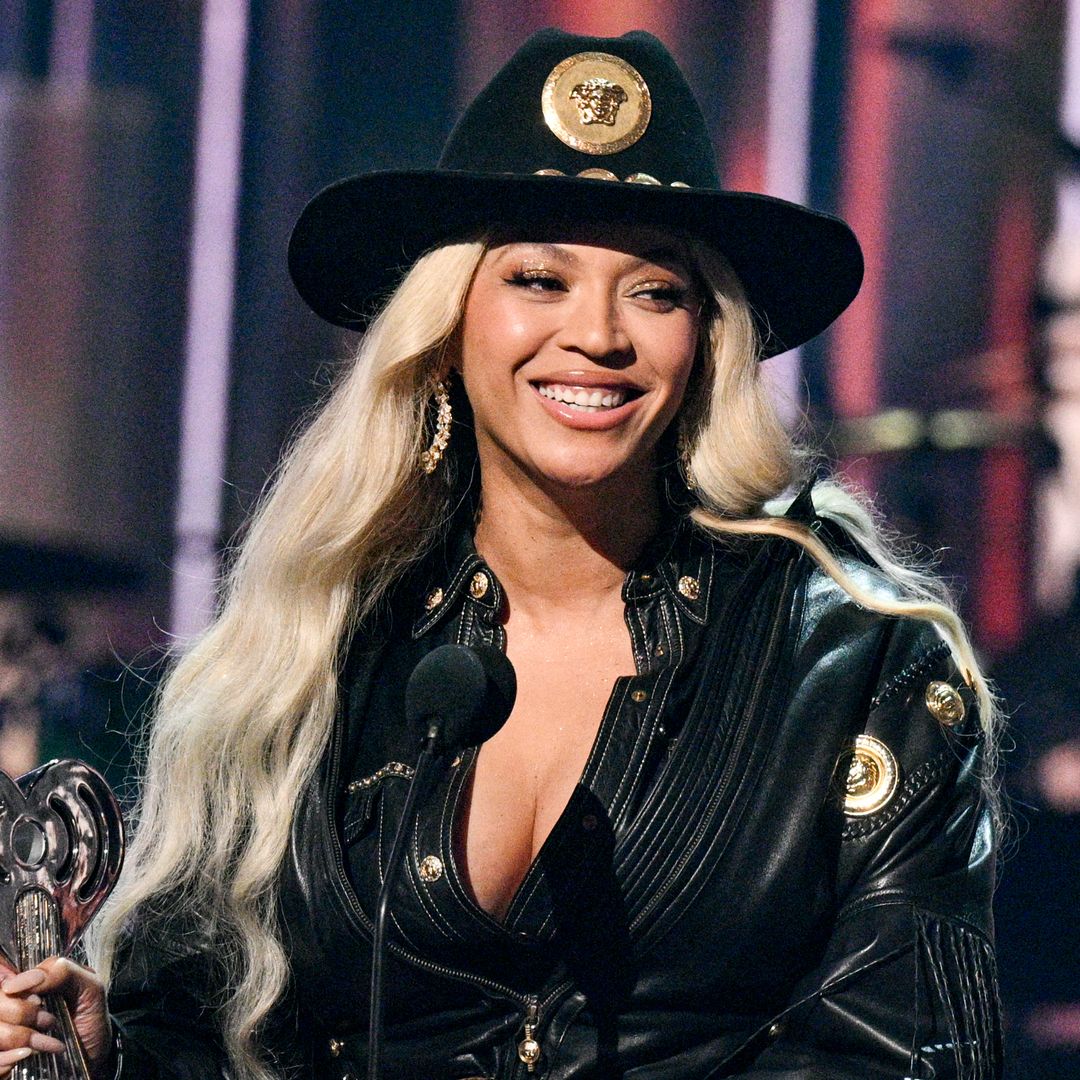The world of beauty is witnessing a power shift. Celebrity-founded brands, once seen as a fad, are starting to shatter expectations. The celebrity beauty brand industry has collectively surpassed $1 billion in sales for the first time in 2023, according to NielsenIQ. This growth has overtaken the traditional beauty category by a significant margin (57.8% vs 11.1%), signifying the undeniable influence celebrities now hold within the industry.
Zoe Scaman is the Founder of Bodacious.be, a strategy studio that focuses on innovation and emerging technologies within the worlds of brands and entertainment. She explains there is a huge difference between the successful brands and those doomed for failure. "Selena Gomez with Rare Beauty and what Hailey Bieber is doing with Rhode at the moment and even Harry Styles with Pleasing. They're all doing exceptionally well. On the flip side, other beauty brands are going into bankruptcy and having products pulled from Sephora after fan backlash. “There doesn't seem to be any middle ground anymore. It's either being widely loved and growing or crashing and burning."
The success of some of these brands can be attributed to a combination of factors.
1. A committed fan base
Celebrities are using their pre-existing fan bases as leverage to foster a sense of trust and connection. Fans admire their idols' looks and are naturally drawn to products endorsed or created by them. Social media further amplifies this effect, allowing celebrities to directly connect with fans, showcasing the products and tutorials in a more personal way.
Zoe said that the person to watch in 2024 is Hailey Bieber with her brand Rhode. "What she's figured out is how to create a TikTok beauty esthetic. She's been responsible for glazed donut nails and latte makeup which then becomes phenomenal.
"But then obviously baking in her products that have these [built-in] routines, which is a smart move. She's figured out the algorithm. She's figured out how to get creators on board and get fans and audiences engaged. And that's the engine behind how she's growing Rhode moving forward."
2. Inclusivity
Celebrity brands are often at the forefront of inclusivity. Unlike traditional beauty giants that may have catered to a narrower range of skin tones and features, celebrity brands are embracing diversity.
Fenty Beauty by Rihanna revolutionised the foundation market by offering a record-breaking 40 shades. This resonates with people who value authenticity and representation thus fostering brand loyalty and driving sales.
3. Beyond makeup
And finally, when a brand goes beyond makeup. When a brand is able to represent your thoughts and beliefs you don't just buy into the brand, you are buying into what that celebrity stands for. Rare Beauty is one of the “most sought-after beauty businesses for 2024” with a valuation of $2 billion.
Zoe added: “Selena Gomez with Rare Beauty, she's the most followed person on Instagram. But I think it's not necessarily just about her celebrity. It's all about what she stands for as well. So, you know, 1% of her sales go to mental health research and medical care, which is really important for her.”
The billion-dollar mark isn't spread evenly across all beauty categories. Fragrance and cosmetics reign supreme, with celebrity brands capturing a significant 2.9% share of total sales in both segments. Brands like Kim Kardashian West's KKW Beauty and Kylie Jenner's Kylie Cosmetics have become household names, while Ariana Grande's Cloud perfume continues to be a top seller. These brands offer not just high-quality products, but also a connection to the celebrity's lifestyle and image, creating an aspirational allure.
However, challenges remain. Maintaining quality and innovation will be crucial for sustained success. Celebrity endorsements alone can't guarantee long-term loyalty. "I think what we're moving now into is that it’s not good enough. These brands need to compete with really, really high quality products that are coming out. Specialist retailers, and specialist startup founders and they have to be able to play on all of these different fields," Zoe says.
She emphasised that they need to be able to play on product efficacy, distribution partnerships, making sure they've got market relevance and marketing strategy. And the celebrity can be the cherry on top if that's what they choose to do. It can no longer be the be all and end all. It doesn't work."
DISCOVER: How to get the most out of your credit card
One thing's for certain: the days of celebrity beauty brands being dismissed as fads are over. They are a powerful force within the beauty industry, redefining consumer expectations and shaping the future of beauty.

